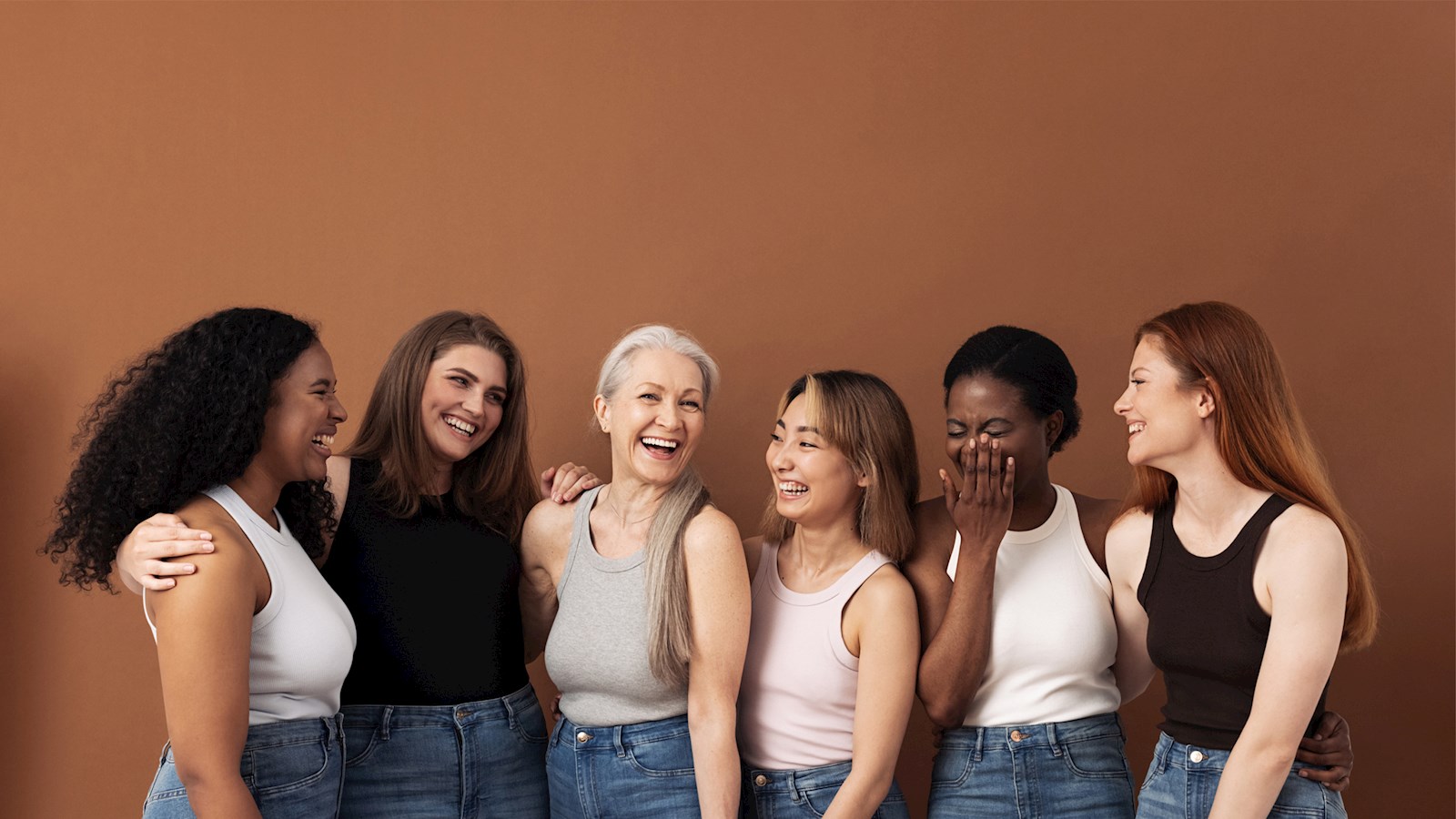Health On Her Terms

Health On Her Terms
Women’s health communications must step up if women’s health outcomes are to improve
Historical framing of womanhood ignores the complex, multi-faceted way in which women (and those who identify as women) see themselves. This must change if women’s health outcomes are to improve.
These are the findings of the Health On Her Terms study – conducted by WPP (through Mindshare and Grey) and in partnership with SeeHer – of the way in which women are reflected in health and wellness media and advertising compared with the way in which they see themselves.
The study shows that there has been progress in the way in which women are represented in media and advertising generally, but health communications remain behind. Partly, this is because women and other marginalised genders have not been framed as a primary audience in health communications despite their very specific needs, and despite their significant buying power.
Overall, women and non-binary people who participated in the study said they think it is important for media and advertising to represent their identities as they see themselves. It also showed that, worryingly, 47% of women believe that media and advertising actually shy away from talking about women’s health issues. The study respondents said that communications on women’s health can – and should – better represent women’s needs right across weight, reproductive care and mental health. The study also showed that the women in our sample would like to see mental health portrayed in media and advertising both increasingly, and in more nuanced terms.
We additionally found that those individuals in more marginalised groups (especially if they identify as gender non-conforming, have other sexual identity, or are neurodiverse) actively choose to support brands that are cause-oriented, that reflect their identities, and that are not afraid to embrace sensitive taboo topics. The opportunities for brands are clearly immense, as long as communications are representative.
Importantly, through the study, we identified three key themes that are constantly surfaced in relation to the way in which women’s health is depicted in media and advertising today. These themes are getting in the way of improving representation. They are:
- The dynamism of womanhood
- The end of exceptionalism
- More than caregivers
This study dissects these themes and drills down into the detailed responses women gave to our questions on health and wellness, media and advertising, then guides brands through the actions they can take to make sure they communicate appropriately with women about health – on women’s own terms.
